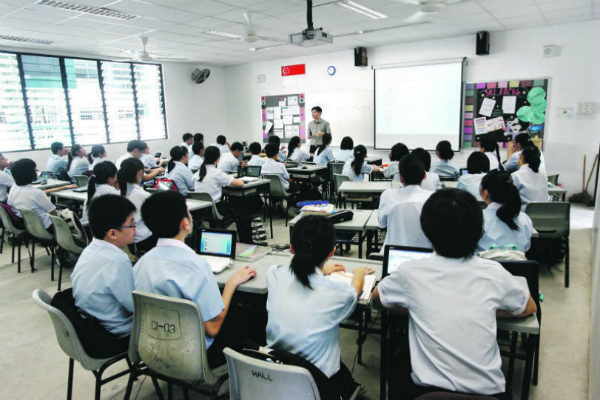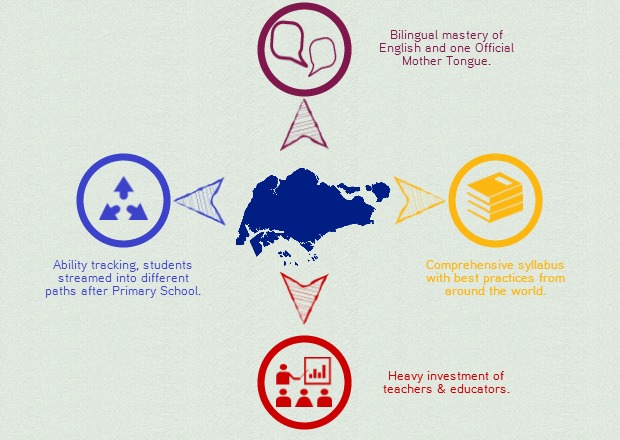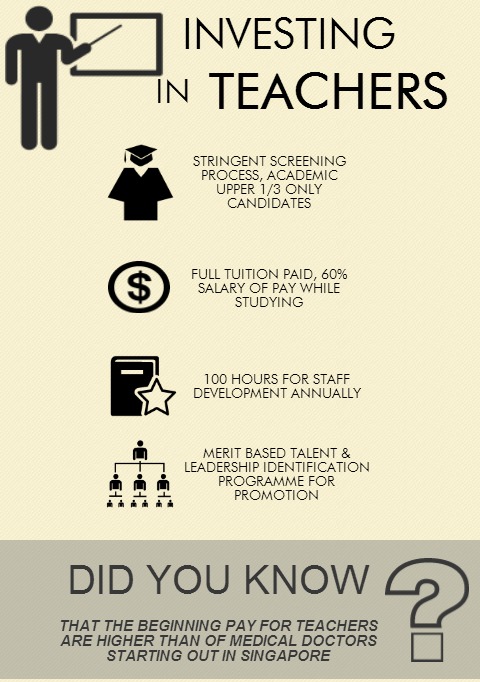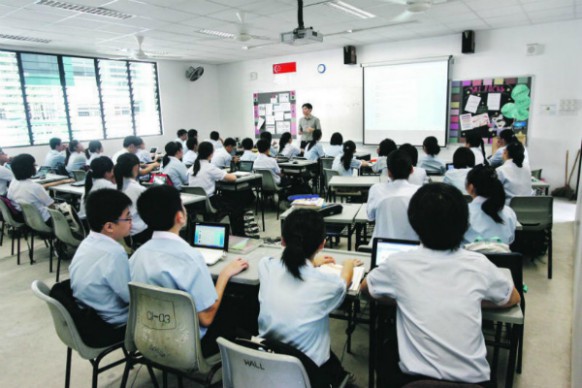Learning From Singapore
Published by SchoolAdvisor | Jul 02, 2014A cornerstone of success, the story behind Singapore’s education system is one of hard work and dedication. Until 1965, the new nation of Singapore had no standard schooling system, let alone a National Curriculum.

In the span of 49 years since then, stringent strategic planning and a deep appreciation and investment of education paved way for success.
In the 2012 Programme of International Student Assessment (PISA) report, Singapore ranked second in Mathematics and third in Reading and Science. Singapore was much ahead of many developed nations, seconded only by Shanghai and Hong Kong in all three categories.

Much of the coordination behind Singapore’s education and the subsequent success came at the hands of diligent and integrated planning that stretched from the Ministry of Education all the way down to over 350 Primary, Secondary and Post-Secondary schools within Singapore.
From an emphasis of bilingual mastery for all students to the responsive revamp of curriculums, this dynamic planning provided a holistic structure which allowed education and schools to flourish.
Realising that the education system would rely most on human capital, the approach towards educators and teachers is akin to the corporate culture synonymous of the island.
Teaching is both a rewarding and dynamic career path in Singapore with an emphasis for teachers to innovate and collaborate between each other along with a merit based system that promotes only the best teachers for leadership and management positions in schools.
In 2012 alone, the government of Singapore invested a total of $ 10.6 billion into education, with a significant chuck which went into teachers and providing them the necessary support.

Another aspect into Singapore’s success was the ability to harness research-driven best practices from around the globe and implementing them at home. This willingness “to adopt and adapt” different approaches to education has yielded great results for the education system in Singapore.
The globally franchised “Singapore Mathematics” for example is outlined to provide students the mastery of basic mathematical concepts. Instead of overloading students with large amounts of material and concepts, the approach provided depth in which critical thinking was merged with mathematical problem solving.
This gave students a solid foundation in numeracy which paved way for greater reasoning skills further along the stages in education.
Recent Articles
- A Home Away from Home Where Your Child Will Thrive
- Bridging Borders: Ng Gha Yuan’s Journey to the Ivy League
- Why More Malaysian Parents Are Choosing International Schools for Their Children
- Happiness vs. Academics: Are We Sacrificing Our Children’s Well-Being for Better Grades?
- How Nexus International School Malaysia Empowered James Low’s Future







 Login with Google
Login with Google